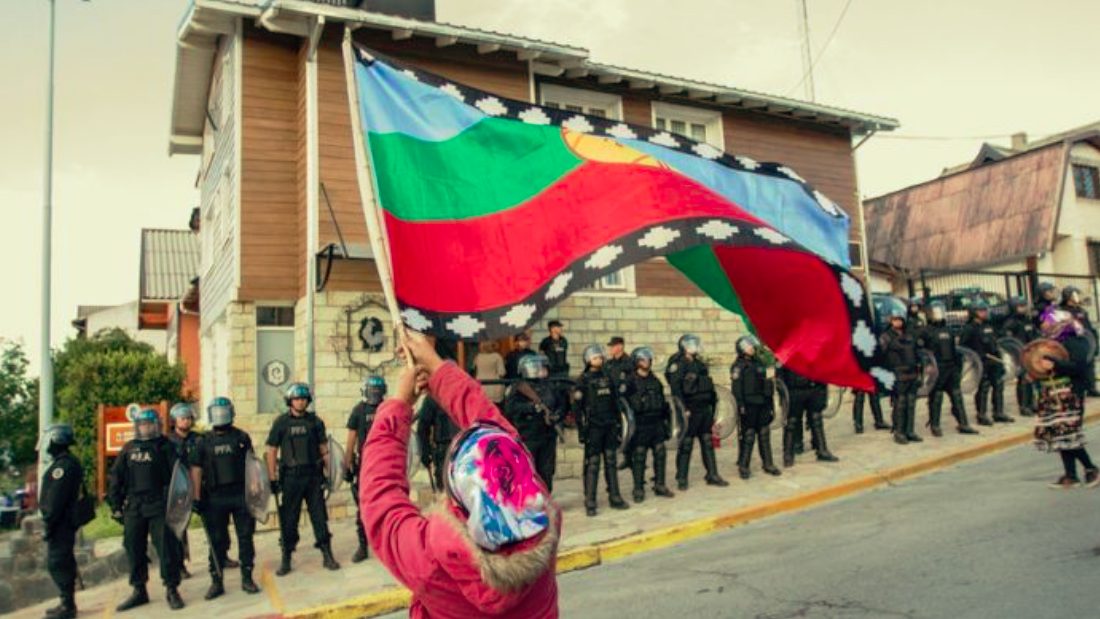RIO DE JANEIRO, BRAZIL – The Chilean Senate decided this Tuesday (18.01.2022) to extend until February 9 the militarization of four provinces in the south of the country on the most violent day so far this year, marked by the killing of two men.
With 18 votes in favor, 14 against, and 9 abstentions, the seventh extension of the state of emergency constitutional exception (which was declared almost 100 days ago) was approved, which will be extended until February 9 in the provinces of Biobío and Arauco, in the Biobío Region, and the provinces of Cautín and Malleco, in the Araucanía Region.
Read also: Check out our coverage on Chile
During the day, the government confirmed the death of a forestry worker who was shot in the back after being attacked by a group of hooded men, 20 kilometers east of Arauco province, according to preliminary information.

The Minister of the Interior, Rodrigo Delgado, thanked the Senate for the new support and said that “beyond the drop in violence” in the region, “complex, dramatic and regrettable situations continue to occur, such as attacks on forestry properties” about the attack in Arauco.
Hours later, the death of a 46-year-old farmer and landowner leader who was attacked with firearms while driving his vehicle in the Araucanía region was reported, receiving six shots; authorities have not yet reported any arrests.
THE “MAPUCHE CONFLICT”
In that area and other regions of southern Chile, there has been a so-called “Mapuche conflict” for decades, which pits indigenous communities against agricultural and forestry companies that exploit ancestral lands.
The Mapuche people, Chile’s largest indigenous group, claimed the lands they inhabited for centuries before the Chilean State forcibly occupied them at the end of the 19th century in a process officially known as the “Pacification of Araucanía” and which now belong mostly to forestry companies.
In this context, arson attacks on machinery and land are frequent, and the conflict has cost the lives of many Mapuche community members at the hands of State agents, as well as the deaths of police officers and hunger strikes indigenous prisoners.

